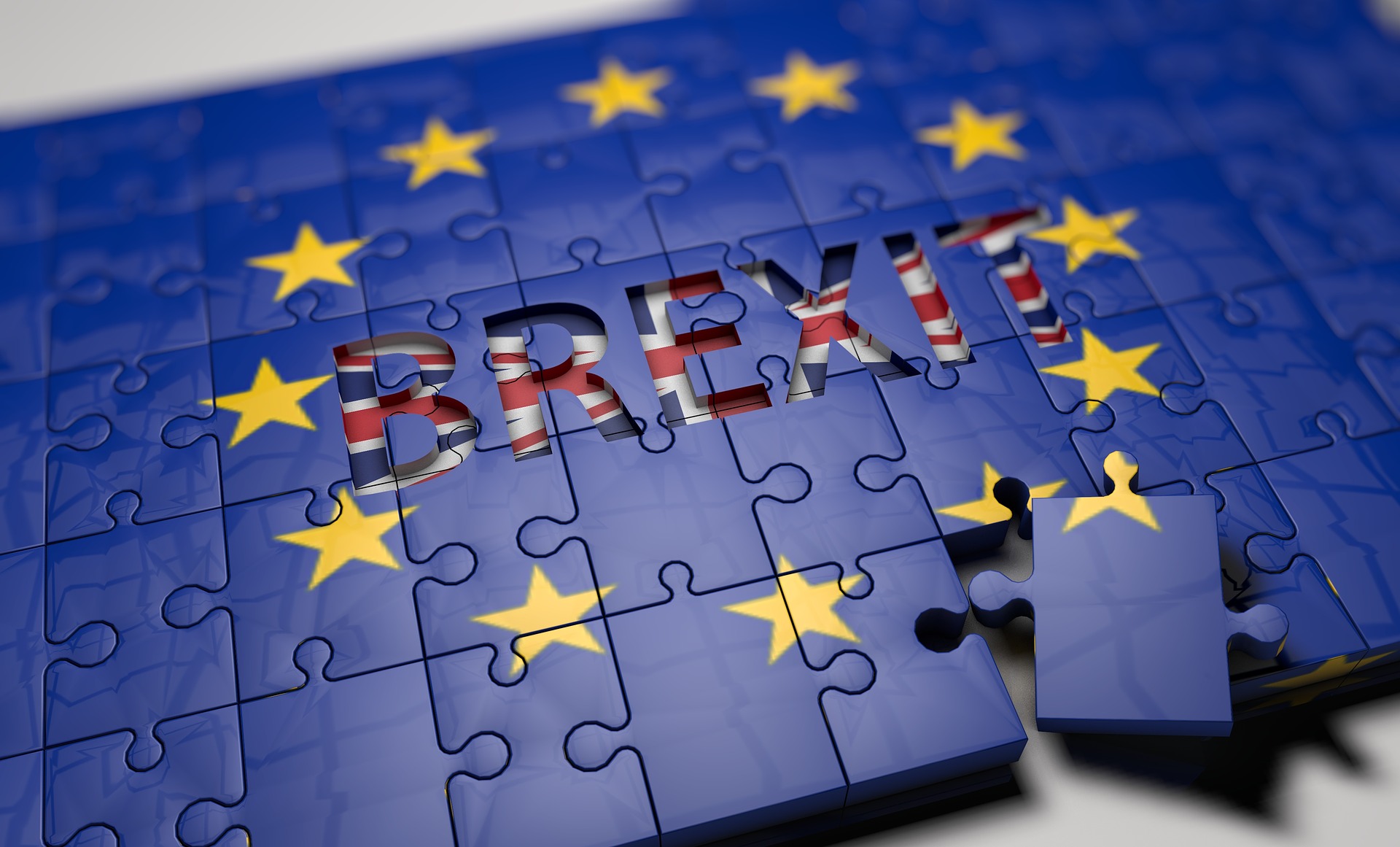EXECUTIVE SUMMARY
EU membership for the UK and Ireland has provided an essential context for the conception and implementation of the 1998 Good Friday (Belfast) Agreement.
UK withdrawal from the EU at least compromises – and could disrupt significantly – that shared context and in so doing undermine both the Agreement per se and its effective implementation.
With the UK government leaving the EU customs union and the single market, a hardening of the Irish border becomes inevitable. This will not only affect movement on the island, but symbolically and psychologically represent for many a major step backwards in the peace process and a profound impairment of the Agreement.
UK withdrawal from the EU means that the trajectories of the UK and Ireland will now diverge. The divergence will be wide-ranging and will happen in law, trade, security, rights, policies and politics. Brexit therefore puts the Good Friday Agreement – which was premised on the assumption of common policies and interests across a wide range of policy areas – at risk of deep fissures.
Such fissures, however, are not inevitable. Public statements by the UK government and from the EU-27 reveal a strong and repeated commitment to upholding the Good Friday Agreement in all its parts. Present in all statements from each negotiating side so far is a willingness to show flexibility and to seek out creative and imaginative solutions to the challenges that Brexit poses for Northern Ireland and the island of Ireland as a whole.
It should be noted that all main political parties in Northern Ireland are also party to the Agreement/its successors and its institutions and that all have requested that the specific needs of Northern Ireland (particularly arising from the land border) be addressed in the withdrawal process.
To minimize the threat that Brexit poses to the future of the Good Friday Agreement, minimal disruption to the context for its effective implementation is imperative. This means maintaining as much of the status quo as possible in terms, for example, of the free movement of goods, services, capital and people, and ensuring that every effort is made to avoid any hardening of the border. The Agreement recognises the interrelated nature of ‘economic, social and cultural issues’ and the UK Government has explicitly acknowledged that the economic prosperity of Northern Ireland is a vital underpinning of the peace process.
It is possible to keep to an absolute minimum the disruption that UK withdrawal will have on the valuable shared context of EU-based integration in which the Good Friday Agreement is implemented. The precedent of differentiated integration within the EU – coupled with the precedent of territorial differentiation within the UK evidenced in the Good Friday Agreement and devolution – provides a valuable departure point for enabling the type of arrangements that would best reflect and protect the unique needs of Northern Ireland in the Brexit process.
There are a range of options for maintaining elements of the status quo; all such options require high-level agreements that recognise the very particular status of the territory of Northern Ireland but that need not compromise in any way the principles of selfdetermination and consent that underwrite the Good Friday Agreement. It is possible to retain the free movement of goods, services, capital and people on the island of Ireland; based on (properly secured) regulatory equivalence, it is possible to enable the continued operation of all-island markets and of cross-border supply chains; it is possible for access to different forms of EU cooperation to be maintained for the both jurisdictions on the island of Ireland to uphold levels of cross-border movement in key areas. An opportunity also exists to ensure that the institutions of the Good Friday Agreement, especially the North-South Ministerial Council, are fit for purpose for the post-Brexit environment.
Establishing the post-Brexit arrangements for the island of Ireland will be a process of negotiation. It is imperative that communication from the UK Government and EU in this process is as detailed and transparent as possible, given the risks that uncertainty over the position of Northern Ireland poses to the stability of the peace process.
Both sides need to be flexible and approach issues and solutions from the perspective of what can best ensure the Agreement’s unimpeded implementation, in highly practical as well as symbolic ways. For the EU, respecting the integrity of its legal order is of fundamental importance. This should not, however, provide an insuperable obstacle to the EU contributing to solutions addressing the challenges that UK withdrawal poses for the Good Friday Agreement and its implementation. Much of the history of the European integration is one of devising innovative solutions to problems. Precedents and frameworks exist to be exploited to the benefit of Northern Ireland, the peace process and the island of Ireland more generally.
Given the commitment to addressing the ‘unique circumstances on the island of Ireland’, the language of ‘flexible and imaginative solutions’ and precedents for differentiation, there is no reason to doubt that the challenges can be addressed. This process is entirely dependent not on technical solutions but on political will. The best way to find this is to consider Northern Ireland not as place of division but as a place of deep connection and integration between the UK and Ireland. This is the fundamental principle upon which the Good Friday Agreement is founded and upon which it stands or falls.

